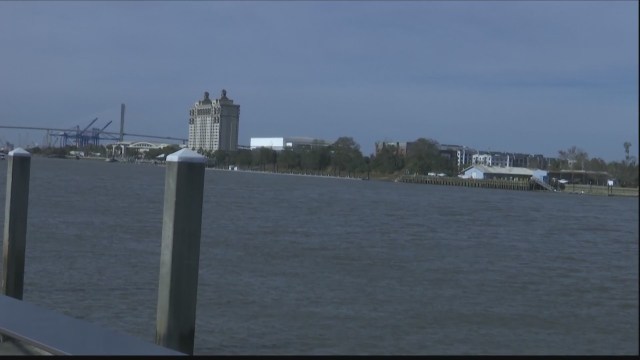Toxic Tide: Savannah Launches Massive Legal Assault Against Chemical Giants

In a bold legal move, the City of Savannah has launched a comprehensive lawsuit targeting nearly 50 industrial companies, accusing them of systematically contaminating the city's precious water resources with dangerous "forever chemicals" known scientifically as PFAS.
These persistent synthetic chemicals, which have earned their ominous nickname due to their ability to remain in the environment and human body for decades, are now at the center of an environmental and public health battle. The lawsuit alleges that these companies have recklessly discharged PFAS into the Savannah ecosystem, potentially endangering the health of local residents and compromising the region's environmental integrity.
By taking legal action, Savannah is sending a powerful message about corporate accountability and environmental protection. The city aims not only to seek financial compensation but also to compel these companies to cease their harmful practices and implement responsible waste management strategies.
Environmental experts have long warned about the significant health risks associated with PFAS, including potential links to cancer, reproductive issues, and immune system disorders. This lawsuit represents a critical step in holding polluters accountable and safeguarding community well-being.

